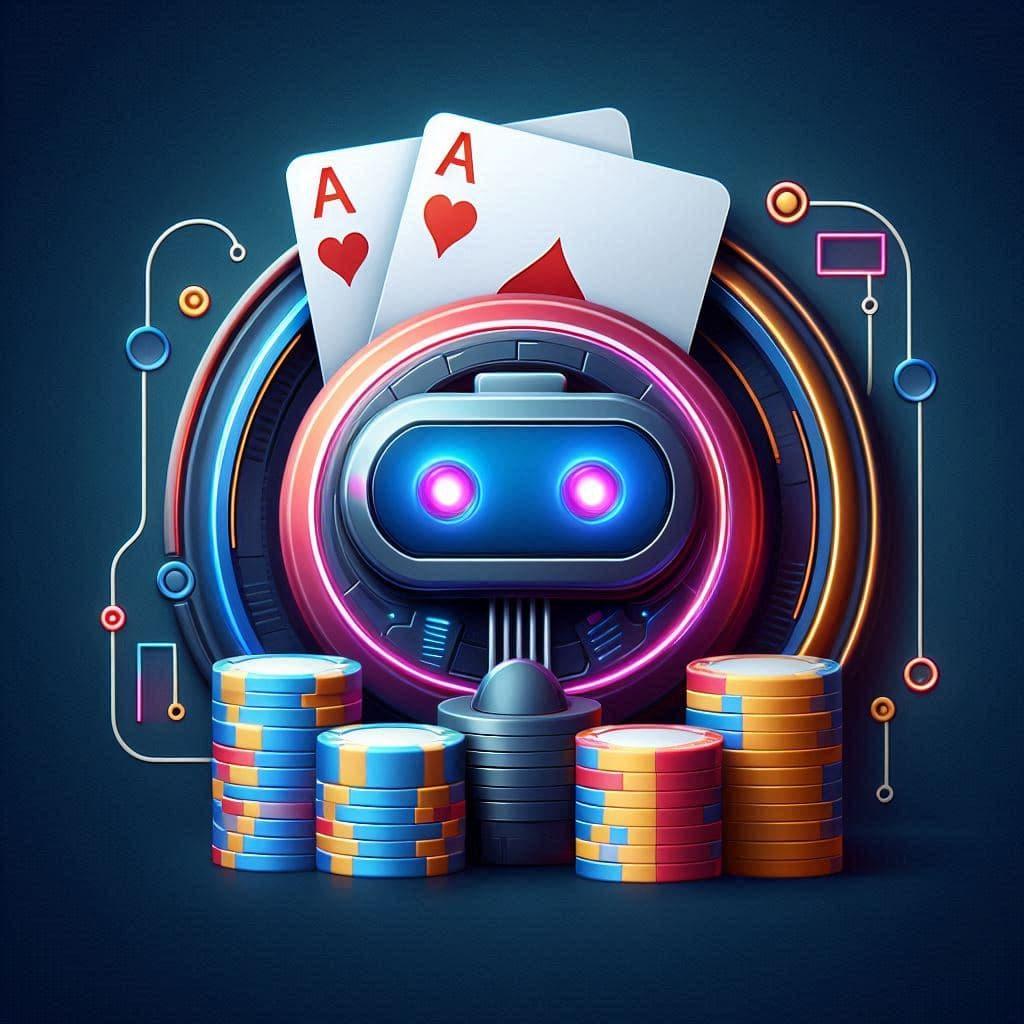In the fast-paced world of online poker, every second counts. Whether you're bluffing your way to a big win or calculating the odds of your next move, the ability to make quick, accurate decisions is what separates the amateurs from the pros. That's where real-time decision-making poker bots come into play, changing the game in ways we never imagined.
At the heart of this innovation is a blend of advanced algorithms, machine learning, and a deep understanding of poker strategy. These bots are not just pre-programmed scripts running through a fixed set of rules. Instead, they analyze the game as it unfolds, adjusting their strategies based on the behavior of opponents, betting patterns, and statistical probabilities. This dynamic approach allows them to mimic human-like intuition while maintaining the precision of a machine.
One of the key advantages of real-time decision-making is adaptability. In traditional poker software, decisions are often made based on static data or pre-set scenarios. But in a live game, things change rapidly. A player might suddenly shift from a conservative style to aggressive play, or a new opponent might join the table with an unpredictable strategy. A real-time poker bot can detect these shifts and recalibrate its approach instantly, giving it a significant edge over both human players and less sophisticated bots.
The technology behind these bots is impressive. They rely on real-time data scraping, hand history analysis, and predictive modeling to stay ahead of the curve. Some even incorporate elements of reinforcement learning, allowing them to improve over time based on past outcomes. This means that the more they play, the smarter they get.
Of course, with great power comes great responsibility. The use of poker bots in online games is a controversial topic, and many platforms have strict rules against them. However, for educational purposes, simulation, or private games, these bots can be an incredible tool for learning and strategy development.
For those interested in exploring this technology further, https://aifarm-bots.com offers insights into how these bots are built and how they function. The site provides a closer look at the mechanics of real-time decision-making and the potential applications beyond just poker.
In conclusion, poker bots with real-time decision-making capabilities represent a fascinating intersection of artificial intelligence and gaming. They challenge our understanding of strategy, push the limits of machine learning, and offer a glimpse into the future of competitive play. Whether you're a developer, a poker enthusiast, or just curious about AI, this is a space worth watching.




